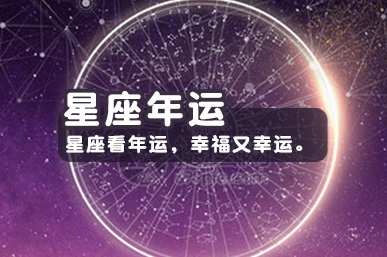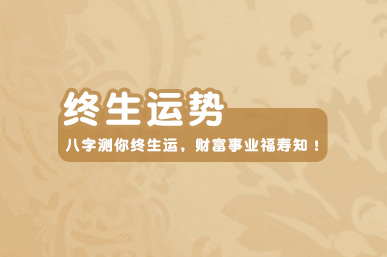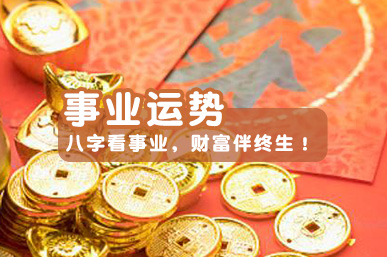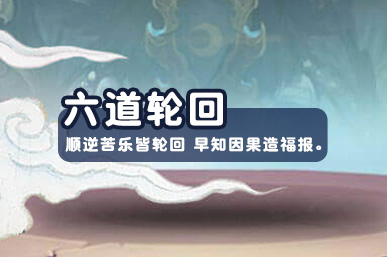八字精批2025运势命中贵人八字合婚
命理介绍句子英语翻译初中(介绍爱好的英语句子)
Introduction to Chinese Fortune-telling Sentences
Fortune-telling has been an important tradition in Chinese culture for thousands of years. It is a method to predict one's future and make important decisions accordingly. Chinese fortune-telling is based on the Chinese lunar calendar and the Five Elements Theory, which include metal, wood, water, fire, and earth.
One popular form of Chinese fortune-telling is through the use of sentences. These sentences are created by combining Chinese characters that represent certain aspects of one's life, such as career, health, love, and wealth. The sentence is then interpreted by a fortune-teller to provide insights into the individual's future.
For example, one common sentence for career is "金玉满堂" (jīn yù mǎn táng), which literally means "gold and jade fill the hall." This sentence implies that the individual will have a prosperous career and achieve great success. Another common sentence for health is "身体健康" (shēn tǐ jiàn kāng), which means "strong and healthy body." This sentence suggests that the individual will have good health and no major illnesses.
Love is another important aspect of life that Chinese fortune-telling addresses. One sentence for love is "姻缘际遇" (yīn yuán jì yù), which translates to "fate and opportunity for marriage." This sentence suggests that the individual will have positive encounters with potential love interests and may find their soulmate. Wealth is also a significant factor in Chinese culture, and a popular sentence for wealth is "财运亨通" (cái yùn hēng tōng), meaning "fortune and prosperity in wealth." This sentence implies that the individual will have financial stability and success.
In conclusion, Chinese fortune-telling sentences are a valuable tool for predicting one's future and making important decisions. These sentences are based on ancient Chinese traditions and beliefs and provide insight into various aspects of life, such as career, health, love, and wealth. While some may view fortune-telling as superstitious, it remains an important aspect of Chinese culture that continues to be practiced today.









